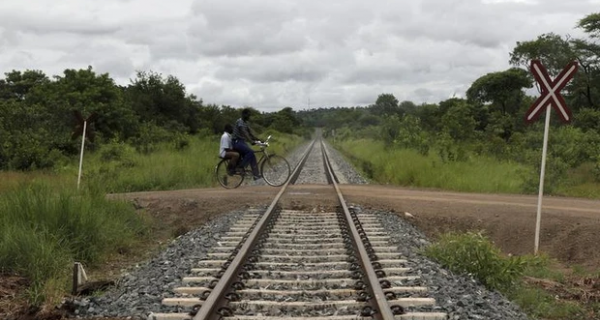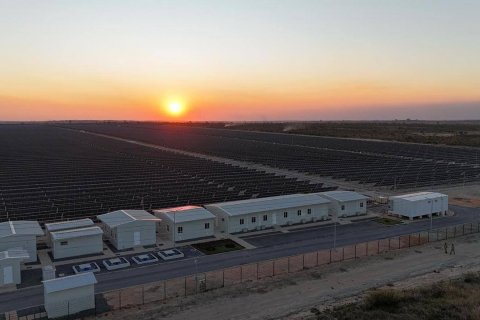The agreement was signed in Luanda between Japan and the United Nations Office for Project Services (UNOPS), which will be the project's executive, starting in September. It will benefit 620 smallholder farmers in the provinces of Benguela and Huambo.
This initiative, according to Angop, aims to develop irrigation and storage infrastructure.
The agreement was signed by the Japanese ambassador to Angola, Sano Hiroaki, and the head of the UNOPS Multi-Country Office in Central Africa Program, Frederic Frippiat.
In his speech, the Japanese diplomat emphasized that the project will last two years and will also focus on training smallholder farmers in new production techniques, expressing Japan's continued support for technology transfer for the development of national agriculture.
Frederic Frippiat, in turn, emphasized that improving infrastructure is crucial to avoid production losses and increase the annual harvest volume.
The Lobito Corridor is a 1,300-kilometer railway line that crosses Angola, connecting the coastal port of Lobito to the border with the Democratic Republic of the Congo. It transports critical mineral production from the Copperbelt (DRC) and Kolwezi (Zambia) regions.
The operation is managed by the Lobito Atlantic Railway (a consortium that includes the Portuguese company Mota-Egil, the Swiss company Trafigura, and the Belgian company Vecturis), and is expected to involve an investment of nearly 1 billion dollars, partially financed by the Development Finance Corporation (DFC) and the Development Bank of Southern Africa.
This project is also part of the European Global Gateway initiative, with the European bloc announcing a 600 million euro package through the Partnership for Global Infrastructure and Investment (PGII), developed within the framework of the G7.







